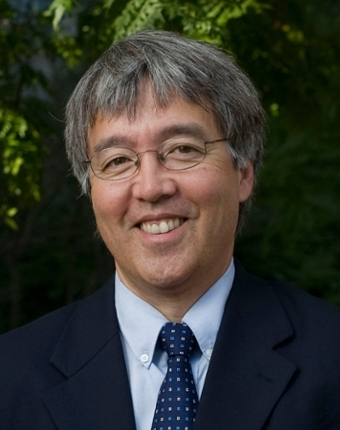Distinguished Lecture: An Expanding and Expansive View of Computing
Jim Kurose
Assistant Director National Science Foundation, Directorate of Computer & Information Science & Engineering (CISE)

Watch the video »
Abstract:
Advances in computer and information science and engineering are providing unprecedented opportunities for research and education. My talk will begin with an overview of CISE activities and programs at the National Science Foundation and include a discussion of current trends that are shaping the future of our discipline. I will also discuss the opportunities as well as the challenges that lay ahead for our community and for CISE. Bio: Dr. Jim Kurose is the Assistant Director of the National Science Foundation (NSF) for Computer and Information Science and Engineering (CISE). He leads the CISE Directorate, with an annual budget of more than $900 million, in its mission to uphold the nation’s leadership in scientific discovery and engineering innovation through its support of fundamental research in computer and information science and engineering, state-of-the-art cyberinfrastructure, and education and workforce development.
Bio:
Dr. Kurose is on leave from the University of Massachusetts Amherst, where he is a Distinguished Professor in the College of Information and Computer Sciences. He has been a Visiting Scientist at IBM Research; INRIA; Institut EURECOM; the University of Paris; the Laboratory for Information, Network and Communication Sciences; and Technicolor Research Labs.
His research interests include network protocols and architecture, network measurement, sensor networks, multimedia communication, and modeling and performance evaluation. Dr. Kurose has served on many national and international advisory boards and panels and has received numerous awards for his research and teaching. With Keith Ross, he is the co-author of the textbook, Computer Networking, a top down approach (6th edition) published by Addison-Wesley/Pearson.
Dr. Kurose received his Ph.D. in computer science from Columbia University and a Bachelor of Arts degree in physics from Wesleyan University. He is a Fellow of the Association for Computing Machinery (ACM) and the Institute of Electrical and Electronic Engineers (IEEE).